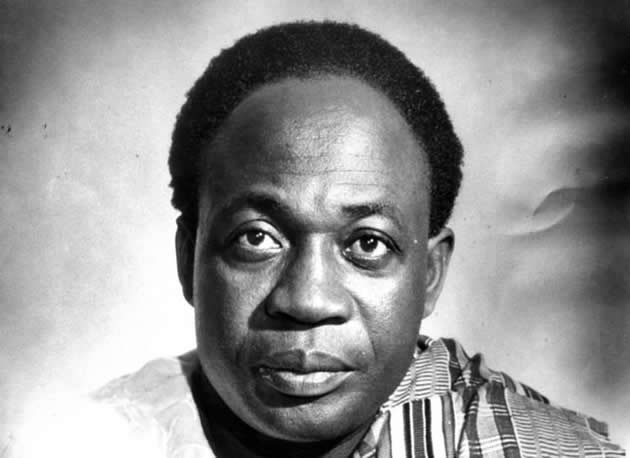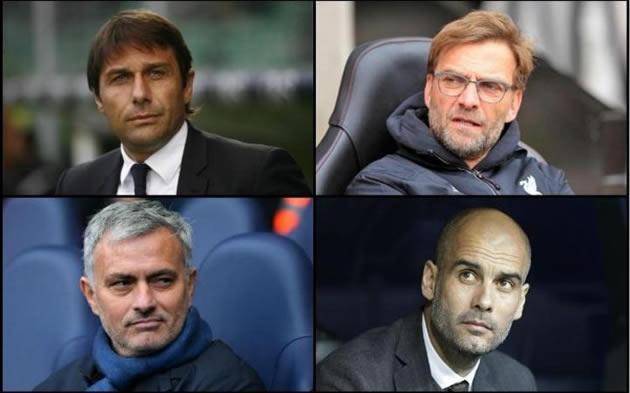Neo-colonialism is real

Joram Nyathi Spectrum
It is 59 years this month since Ghana ended British colonial rule in 1957 in what marked the beginning of the end for the Empire on the African continent.
It would be another 37 years of agony before the people of South Africa would heave a sigh of relief with the end of white minority political rule in 1994.
That marked the end of the “decolonisation” process on the continent, an end to overt political rule of the white man. But that political independence has proved to be an illusion without economic emancipation or empowerment.
In almost every “independent” previously colonised African country, the former colonised refused and have refused to this day to let go of the economy, proving true the saying that freedom is not given but must be won, often through bitter struggle as Zimbabweans know only too well.
That second war for economic freedom is proving itself to be more difficult than the decolonisation war when the enemy was fairly easy to locate. The economic war has many contours and fronts.
It is more complicated because the enemy assumes any colour at will.
This is a war whose parameters Africa is yet to define and encompass. Indeed, one would wish that African people took Africa Day more seriously than they do; as a day each year to reflect on the past 59 years and what has happened in those years, where mistakes were made and what needs to be done.
Neo-colonialism is a reality of our time.
Africa is still virgin territory despite many years of slave trade and colonial plunder.
It has minerals and many other resources still untapped or unexplored.
It is a huge market for the former colonial powers’ manufacturing sectors, from food, clothing to guns, the latter often used to fight wars they provoke and sponsor.
It is a continent of great attraction, an attraction which often is fatal for Africans.
To talk about neo-colonialism is part of efforts to indicate the complexity of the fight for economic independence by Africa.
It is no longer possible to blame the former colonial powers without exposing the complicity of the African political elite and literati who are bought cheaply with money and board positions to shield the corporate plunder of Africa’s natural resources.
In other words, the economic war is harder and more complicated because it means we must fight our own black brothers, those of our educated classes who otherwise should be the ears and eyes of the poor.
The ones who should help in protecting and preservation national wealth have become complicit in theft.
Neo-colonialism cannot thrive without the complicity of Africans themselves, those of our people who have no shame in participating in the robbery and rape of their motherland for personal gain.
Research shows that Africa loses about $50 billion annually in illicit financial flows.
Black lawyers, accountants are employed to devise, conceal and facilitate these scams for money.
There is more money leaving Africa than comes in as so-called official development assistance by foreign governments.
In his revealing book, Globalisation and its Discontents, former White House economic advisor and one time World Bank chief economist Joseph Stiglitz laments how Africa’s best minds often allow to be imposed on their governments and their people policies which are rejected in America and Europe; policies whose net effect is to destroy education, health, local industry; policies which serve only to deepen poverty, push African nations into a debt trap and reduce them to perpetual dependency on the IMF and donors.
Stiglitz shows how policies pursued by the IMF and the World Bank in Africa focus on a narrow conception of economic growth figures which stifle inclusive development and growth. African “economists” are co-opted to justify these and become the face of deadly capitalist exploitation in which the governments are banished to the periphery.
Yet the reality is that throughout the ages governments have intervened at critical phases in Europe and America to save capitalism from its fatalistic avarice, the 2008/09 economic bailouts being an immediate case in point.
Our educated brothers and sisters are summoned for IMF meetings in Washington where they are given prescriptions for our economic well-being without us being consulted.
They bring those solutions back home but never disclose them to those who will be most negatively affected.
In the end strangers impose their solutions without the risk of suffering their consequences.
There is a darker side to this neo-colonial project, which generically we can describe as corruption for lack of a better expression.
While the lawyers, economists and accountants enrich themselves facilitating the illicit externalisation of financial resources through tax evasion, under-invoicing of exports etc, the rest of academia is deployed to magnify petty corruption and theft only in government and the governing parties while turning a blind eye to the grand looting in the corporate sector.
Talk of knowing which side one’s bread is buttered.
When you confront at their foreign-sponsored talkshows about the prevalence of corruption in the private sector and their silence, you are told there is no problem because such corruption involves private money whereas in government it’s the taxpayer’s money.
Yet it is the same private sector which pays the most bribes to government officials and the symbiotic relationship this creates.
These are the headaches which Africa must deal with every Africa Day.
What has happened to those ideals which animated the founding fathers of the Africa Union?
What has become of the values of service, personal sacrifice and commitment to the greater good? What has become of the spirit of self-worth, personal dignity and the love for independence?
The fault can’t lie entirely in wrong education given that most of those who led the liberation wars of their countries acquired their higher education in foreign lands.
But they used it in the service of their less educated fellow men.
In other words education had a purpose beyond the self, beyond personal material possessions.
It was used as a tool in the service of society; it was a facility to articulate the evils of colonial rule and foreign exploitation; it was a tool to articulate the aspirations of the voiceless majority.
Today’s literati uses its education in the service of foreign interests instead. It is against their governments first and foremost.
It is against their poor, “uneducated” fellow men.
Education has become a tool of alienation.
The more educated, the further we are pushed away from our roots, our people and everything African.
We can’t resist the fatal allure of Europe and America.
For in the end the same intellectuals who aid foreign corporations in the theft and externalisation of cash also use their African trained brains for the further exploitation Africa and the advancement of the same Europe which impoverishes Africa.
Today the educated are ardent in executing foreign-sponsored campaign for political and human rights, but will not raise a voice against foreign looting of national resources so long as they have a good job.
In fact they refuse to see the inseparability of human and political rights from ownership and control of the means and factors of production.
Are we a generation which has lost both its soul and conscience?
Africa, Africa, it’s going to be a long way to real freedom.
Yet when one looks around, there are fewer and fewer Kwame Nkrumahs, Steve Bikos, Lumumbas.
Those like Mugabe who try to invoke the spirit of Nkrumah are vilified and their sins blown out of proportion.









Comments